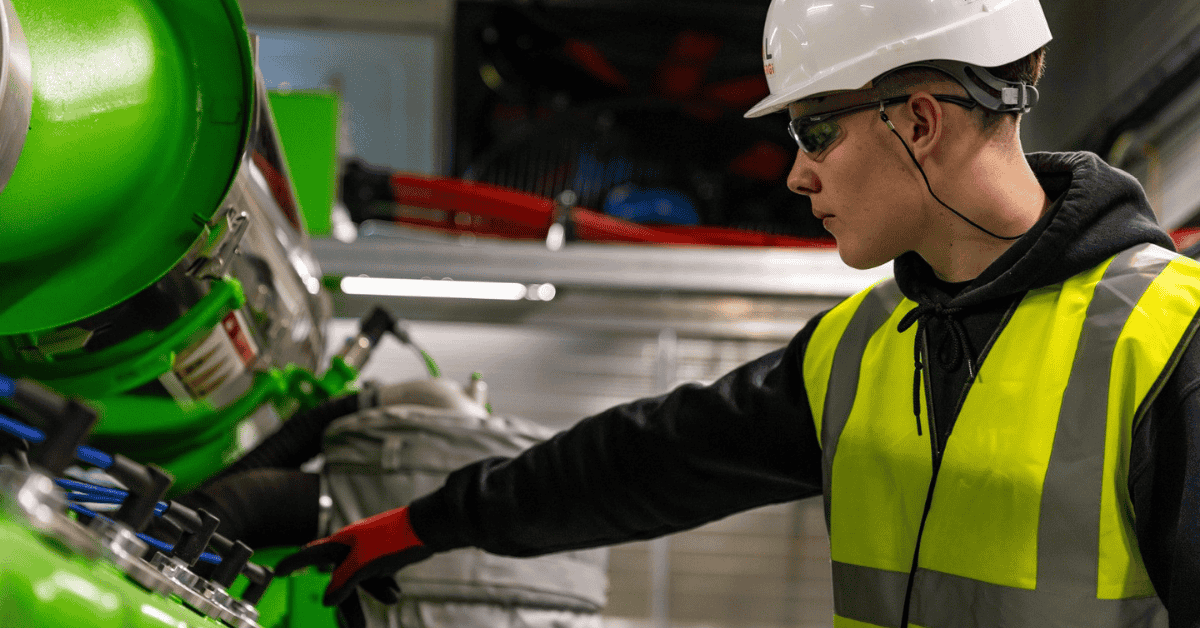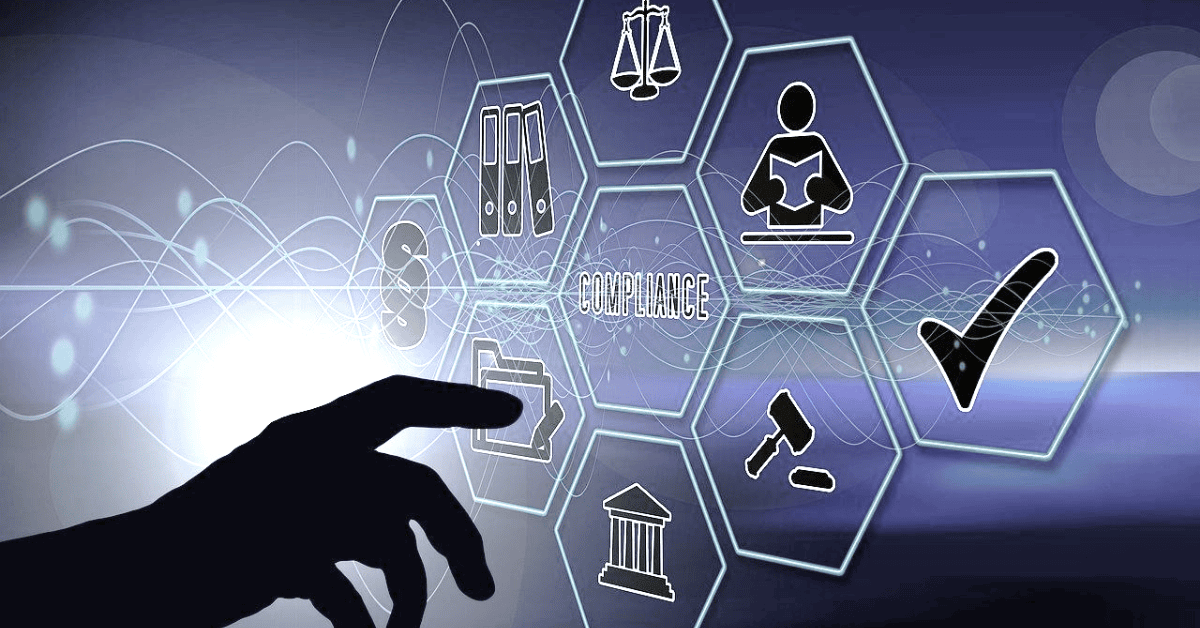Linking ISO 14001 and Responsible Business Education
By Nandini Menon
In an era defined by environmental urgency, global warming, resource depletion, and ecological imbalance, sustainability is no longer a lofty aspiration or optional add-on, it is a non-negotiable standard that underpins ethical operations, long-term profitability, and social responsibility. While governments and global institutions call for climate action, the burden of execution increasingly falls upon businesses, academic institutions, and consumers. The critical intersection where policy meets practice lies in the adoption of international frameworks such as ISO 14001, the Environmental Management System standard, and the inculcation of responsible business education that instils these principles in future leaders.
This article delves into how sustainability has evolved from a strategic goal to an operational standard, exploring the pivotal role of ISO 14001 and connecting it with the transformative work of BSB Edge, a prominent knowledge partner enabling institutions and businesses to integrate sustainability into their core DNA.
The Evolution from Goal to Standard
Historically, sustainability was often relegated to Corporate Social Responsibility (CSR) initiatives, symbolic tree-planting drives or ad-hoc green campaigns that lacked systemic depth. However, as ecological data became irrefutable, companies and institutions were forced to re-evaluate sustainability not as an external obligation but as an internal imperative. Climate-related financial disclosures, carbon credit accounting, and consumer advocacy have accelerated this shift, transforming sustainability into a benchmark, a standard to be met, not a milestone to be reached.
This transformation aligns with the growing demand for accountability and transparency, both in private and public sectors. Organisations can no longer merely advertise eco-consciousness; they must prove it, document it, and standardise it. Herein lies the growing relevance of ISO 14001.
ISO 14001: A Framework for Environmental Responsibility
ISO 14001 is a globally recognised standard for Environmental Management Systems (EMS). Developed by the International Organization for Standardization, it provides organisations with a structured framework to identify, manage, monitor, and reduce their environmental impact.
Unlike superficial sustainability goals, ISO 14001 requires measurable performance indicators, internal audits, continual improvement, and legal compliance.
At its core, ISO 14001 champions the Plan-Do-Check-Act (PDCA) cycle, ensuring that environmental performance is embedded in every tier of operations, from top management to supply chains. For instance, a manufacturing firm that implements ISO 14001 does not simply install waste-reducing machinery, it also develops policies, conducts risk assessments, trains personnel, and engages stakeholders.
ISO 14001 is not merely a tool for compliance; it is a strategic asset that builds credibility, reduces waste, lowers costs, and enhances competitiveness. As noted by sustainability strategist John Elkington, “Sustainability is the licence to operate, and ISO 14001 gives you the passport.”
Responsible Business Education: Nurturing Sustainability Mindsets
To institutionalise sustainability, we must educate for it. Responsible business education is about equipping future managers, leaders, and entrepreneurs with environmental literacy, systems thinking, and ethical frameworks. It recognises that profit cannot come at the expense of the planet, and that business decisions must consider environmental externalities.
The integration of ISO 14001 principles into business education reflects a deeper pedagogical shift. Today’s business schools are not just teaching accounting or marketing, they are teaching triple bottom line thinking: People, Planet, Profit. A student learning about supply chain optimisation is now also taught to assess its carbon footprint; one studying strategic growth is encouraged to evaluate environmental risk and resilience.
Educational institutions that engage with standards like ISO 14001 are better positioned to provide real-world relevance, exposing students to Environmental Impact Assessments (EIAs), Life Cycle Assessments (LCAs), and Sustainable Development Goals (SDGs). This knowledge equips them not just for job readiness, but for planet readiness.
The Role of BSB Edge: Bridging Certification and Education
In this critical nexus of sustainability, standards, and education, BSB Edge has emerged as a pivotal enabler. As a trusted partner in the domain of international certifications, BSB Edge provides academic institutions and corporations with access to ISO standards, IEC publications, and ASTM norms, empowering them to integrate global best practices in sustainability.
BSB Edge’s mission is deeply aligned with the philosophy that sustainability should not just be taught, but embedded as a standard across curricula, training programmes, and institutional policies. They act as knowledge providers, facilitating access to ISO 14001 and other environment-centric standards in a way that demystifies complex technical documentation for students, educators, and practitioners alike.
BSB Edge also plays a key role in:
- Capacity Building: Conducting workshops, webinars, and certification programmes that train students and faculty in sustainability standards.
- Curriculum Integration: Helping educational institutions incorporate ISO 14001 into their syllabi, ensuring that sustainability is not confined to electives but becomes a core learning objective.
- Corporate Engagement: Enabling companies to train employees and achieve compliance through ISO 14001 by offering resources and customised access to standards.
By democratising access to global benchmarks, BSB Edge transforms sustainability from a theoretical construct to a lived reality in classrooms, boardrooms, and production floors.
Practical Impacts of ISO 14001 in Education and Industry
The implementation of ISO 14001 can be transformative across sectors. Let us explore its concrete impact in two critical areas:
In Education:
- Experiential Learning: Students involved in green campus initiatives, such as energy audits, water conservation, or waste management, learn to apply ISO 14001 principles hands-on.
- Cross-Disciplinary Knowledge: Business students collaborate with engineers, architects, and environmental scientists to propose holistic sustainability solutions.
- Industry Linkages: Academic projects often turn into consultancy opportunities, where students help SMEs document and improve environmental performance.
- Enhanced Employability: Graduates trained in ISO 14001 become attractive to employers seeking ESG-competent talent.
In Industry:
- Risk Reduction: Firms are better equipped to avoid fines, litigation, and reputational damage.
- Cost Efficiency: Streamlining resource use leads to operational savings, reducing energy, water, and material costs.
- Stakeholder Trust: Transparency in environmental practices enhances investor confidence and public goodwill.
- Innovation Drive: The focus on continual improvement spurs R&D into sustainable technologies and business models.
Education as the Keystone of Standardisation
Sustainability standards, however robust, remain ineffective without a culture of adoption, which is precisely what education cultivates. Standards like ISO 14001 are not self-implementing, they require interpreters, practitioners, and champions. By placing education at the heart of standardisation, BSB Edge acts as the bridge that translates technical benchmarks into behavioural change.
Responsible business education, enriched by ISO 14001, thus performs a dual function: it prepares students to enter the workforce with sustainability competencies and shapes them as change agents who can embed environmental consciousness wherever they go.
This aligns with the United Nations Principles for Responsible Management Education (PRME), which calls for embedding sustainability in the fabric of business education. BSB Edge’s work resonates with these goals, providing not just resources but roadmaps for academic institutions.
A Call to Action: From Theory to Practice
The sustainability crisis is not a future threat, it is a present emergency. The time for performative gestures is long past. What we need now is operational clarity, institutional accountability, and academic integration. ISO 14001 provides the scaffolding, responsible business education builds the walls, and knowledge partners like BSB Edge light the way.
To adopt sustainability as a standard is to acknowledge that the planet is a stakeholder. It is to design products that do not pollute, build campuses that do not waste, and train minds that do not forget their ecological responsibilities. It is to move from awareness to action, from policy to practice, and from ambition to architecture.
As BSB Edge continues to forge alliances, disseminate knowledge, and promote ISO 14001 adoption, they help articulate a powerful truth: sustainability isn’t just a checkbox or campaign, it’s a benchmark of excellence, a mode of existence, and a shared ethical baseline for the 21st century.
Conclusion
Sustainability must now be viewed not as a visionary goal, but as a compulsory standard, a framework that defines operational integrity, educational relevance, and corporate legitimacy. ISO 14001 offers this structure, and BSB Edge ensures its accessibility and implementation in both business and academia.
As global challenges mount, this triad—international standards, responsible business education, and informed knowledge providers—will form the cornerstone of a sustainable future. And in this architecture of change, we must remember: the world does not need more green slogans; it needs green standards, and the resolve to live by them.







Leave a Reply